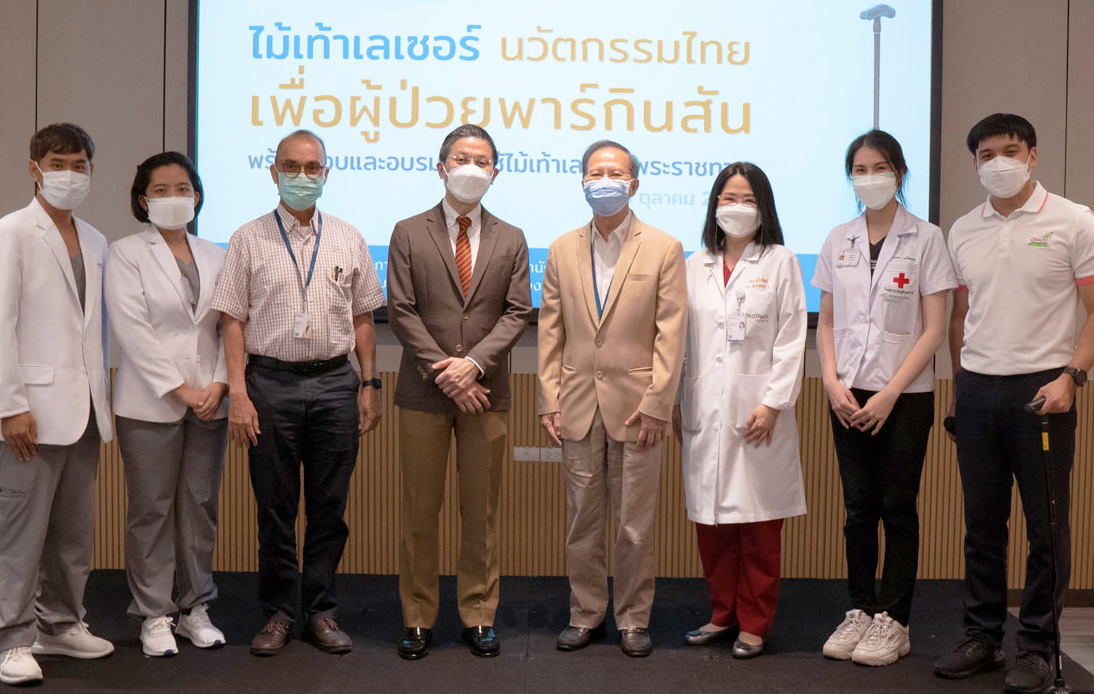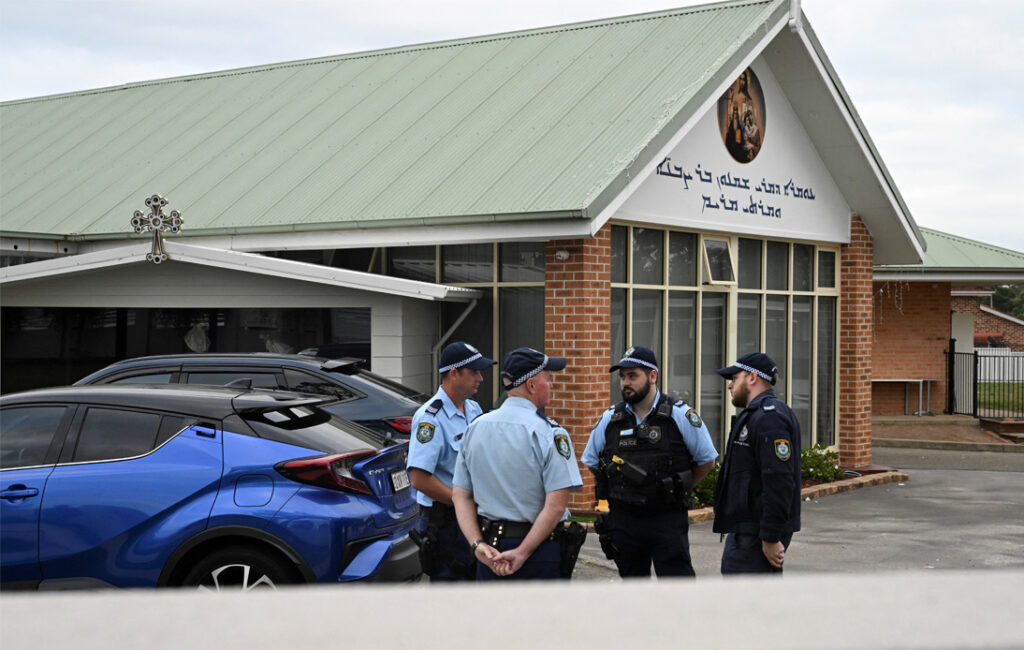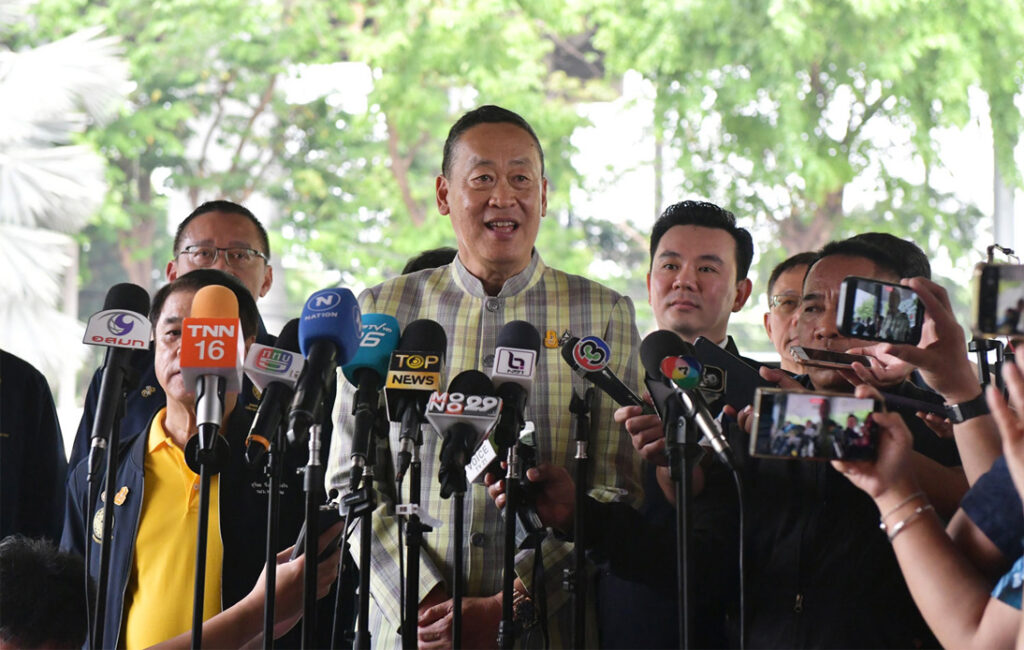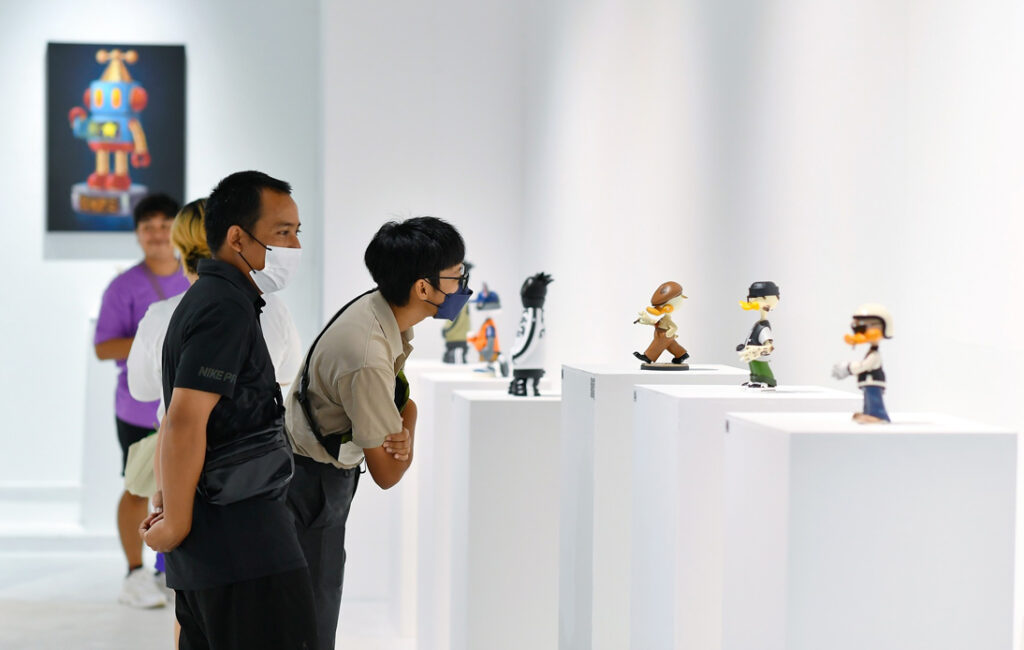
MedPark Hospital and King Chulalongkorn Memorial Hospital have teamed up to provide locally developed laser-pointer walking streets to people diagnosed with Parkinson’s.
During the event “Thai Innovation: laser-pointer walking sticks for Parkinson patients,” MedPerk Hospital and the Chulalongkorn Center of Excellence for Parkinson’s Disease & Related Disorders announced their cooperation.
Prof. Dr. Roongroj Bhidayasiri, Developer and Head of Neurology Clinic, and Dr. Urairat Siriwatvejakul, Head of Physical Medicine & Rehabilitation, MedPark Hospital, explained Parkinson patients’ recovery process and walking difficulties while giving details on the apparatus usage.
The walking sticks given to patients were fully sponsored by the Red Cross Fundraising and the Department of Older Persons (DOP), they said.
Dr. Pongpat Patanavanich, MedPark Hospital’s Managing Director, said it was essential to know that improving patients’ quality of life is possible. He added that they work hard to ensure that people have access to the equipment they need.
“Designed and developed by Thais, these walking sticks help patients function more conveniently every day. Parkinson’s disease requires great attention and care for recovery and MedPark Hospital hopes that all this will benefit patients and their families, both here today and for the future,” Dr. Pongpat stated.
Parkinson’s disease, commonly found in older people, is a progressive, degenerative disorder that affects nerve cells in the brain’s deep areas.
According to a survey by the Thai Red Cross, 435 out of 100,000 people can develop the disease. It also showed that 1% of Parkinson’s patients are over 60 years old.
Experts say that the group is more likely to experience symptoms such as freezing gait, which manifests in difficulty walking and physical imbalance. Laser-pointer walking sticks, which have green lasers that provide visual cues, were designed to mitigate potential accidents caused by such symptoms.
Prof. Dr. Roongroj said that over 2,000 walking sticks had been delivered to Parkinson’s patients in the Bangkok Metropolitan Region through public organizations and participating foundations.
Moreover, Dr. Urairat Siriwatvejakul spoke about the mobility issues associated with Parkinson’s disease, explaining that they can be mitigated with effective physiotherapy techniques to release muscle tension and stiffness, improving the patient’s physical balance.
“Drawing lines on the floor, pacing after sounds, and using visual cues from the laser-pointer canes are also helpful, especially when learned under expert supervision and instruction. Once these recovery techniques are ingrained, patients have confidence in carrying on with their treatment by themselves at home,” Dr. Urairat went on.
Parkinson’s patients who have developed mobility problems or experience other physical difficulties and do not have access to adequate treatment can contact the Neurology Clinic, MedPark Hospital through 0-2090-3114, at no charge.
Medical records of Parkinson’s disorder or neuro-related disorders and consent for further medical history access may be required to assist with treatment.




















